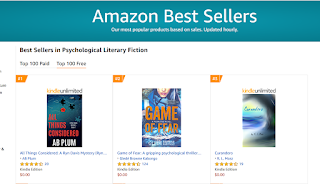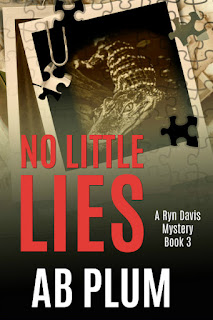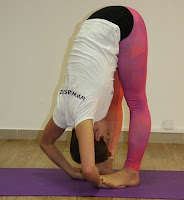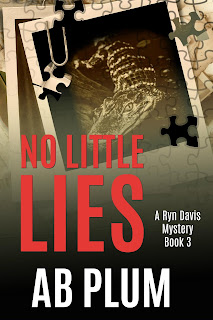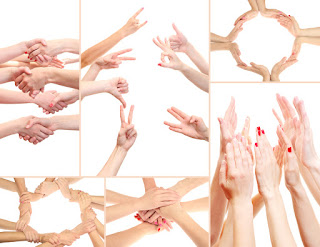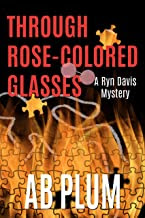Why I Became An Activist by Juliana Aragón Fatula
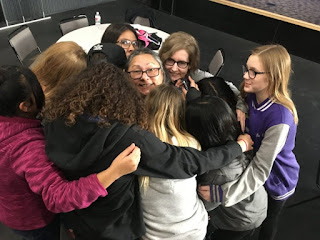 |
| Bridging Borders Leadership Program |
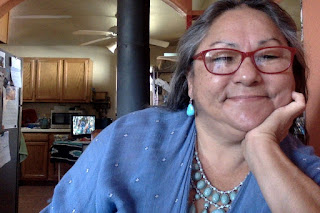 |
| 2020 |
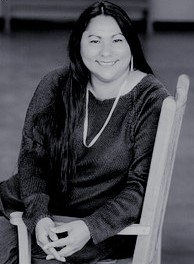 |
| 1990 |
Dear Reader,
When I was growing up in my small town of predominately white citizens, I thought I was the same as my neighbors. But when I was a small child riding my bike by the new neighbors house on the corner, a boy hurled rocks at me and called me nigger. I asked my father why the little white boy called me a nigger and hated me.
 |
| 1970 |
My father told me that the new white family had moved to Colorado from the deep South and that the boy was ignorant to people like me that were dark skinned from being kissed by the sun and he only knew one word to label me.
My father told me to be proud of my dark skin, hair and eyes because I was one of the children of the sun. A mestiza, a Chicana, a Mexican Indian who had ancestors buried in the earth here for thousands of years and generations of people who had lived here and still lived here.
My father told me that the white boy’s ancestors came from another country far away. My father told me that some day the white boy would grow up and realize that he was wrong to call me names and hurl rocks at me because he was no better than me or anyone. But until that day, my father told me to watch, listen, learn, and study the ways of these white boys and defeat them by going to college and becoming an educated Chicana.
So that is what I did. And now I write stories about my youth and how that boy affected my life. I became an activist to fight discrimination and racial profiling. I joined organizations that fight injustice.
I became powerful and strong. I met women and men who led the fight against the haters. I watched, listened, learned, and studied how to defeat the haters. I taught others to do the same. I taught my students about diversity and one world one love.
I taught my students to vote and march against the oppressors. I taught young women in Bridging Borders to become leaders and to change the laws.
I am that little brown girl who was called a nigger for riding my bike in my own neighborhood and I listened, learned, studied, and became an activist.
Today, I’d like to find that little white boy who hurled rocks and names at me and educate him about who I am, who my ancestors were, why I’m proud to be an educated Chicana.
I wonder about him. What happened to him. Is he alive? Dead? In prison? A politician? A healer? A lawyer? Or is he still hurling rocks at people that look different than him, pray differently than him, speak a language he doesn’t understand, or loves a partner of the LGBTQ community?
I don’t think about him often. Only when I watch people refuse to wear masks or practice social distancing, or who paint over signs that say BLACK LIVES MATTER, or who drill for oil and destroy sacred Native American land.
I wonder why he is ignorant to the idea of one world one love. But mostly, I just wonder if he ever changed his heart and became a true human being or if he remained full of hate and greed.
If this post offends you, I don’t apologize. I tell the truth. I tell my story. My herstory.

